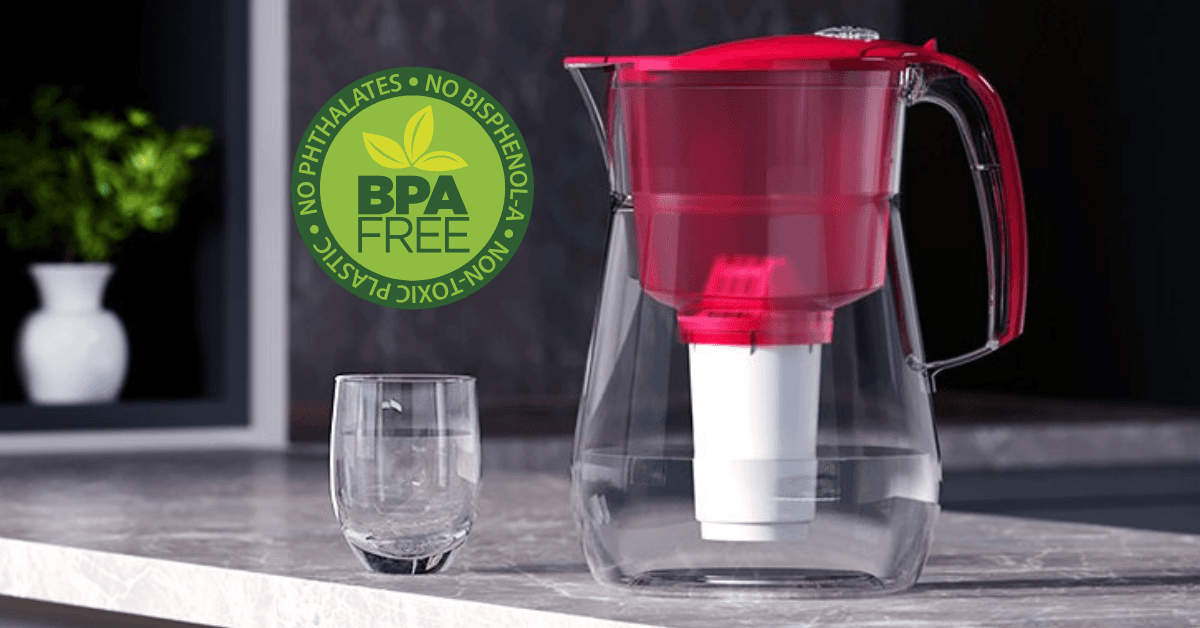
Are Water Filter Jugs Bad for the Environment? Myth or Reality
In a world increasingly focused on sustainability and environmental responsibility, some claim that water filter jugs — because they are made of plastic — are just as harmful as drinking bottled water. Others question their safety due to their plastic components. But is this opinion justified? Let’s take a closer look.
The key difference between filter jugs and bottled water lies in reusability and waste generation:
Long-term use: Filter jugs are designed to last for years. The only waste they produce is the replaceable filter cartridge — and in most cases, these cartridges can be recycled. This dramatically reduces single-use plastic waste.
Bottled water: Plastic bottles are single-use products that often end up in landfills or oceans. Their production and transport also leave a significant carbon footprint.
Conclusion: Compared to bottled water, using a filter jug substantially reduces environmental impact.
Another common concern is the safety of the plastics used in filter jugs. This is where the BPA-free label becomes crucial.
What is BPA and why avoid it?
BPA (bisphenol A) is a chemical used in certain plastics. Studies have shown that BPA can leach into food or drinks and potentially disrupt the human hormonal system. Children and pregnant women are considered particularly sensitive to its effects.
BPA-free materials in filter jugs
Most modern filter jugs from reputable brands are made from BPA-free plastics, meaning they do not contain bisphenol A. This ensures that your water remains clean, safe, and uncontaminated — even with long-term use.
Lower environmental footprint: Using a filter jug significantly cuts down on single-use plastics. Instead of dozens of bottles per month, you use one durable product.
Recyclable filters: Many manufacturers offer recycling programs for used cartridges, further supporting sustainability.
Cost savings: Filtering tap water with a jug is far cheaper than buying bottled water over time.
Yes — filter jugs are both environmentally friendly and safe to use. With their long lifespan, recyclable filters, and BPA-free construction, they’re an excellent option for households looking to reduce plastic waste, save money, and enjoy clean, high-quality water.